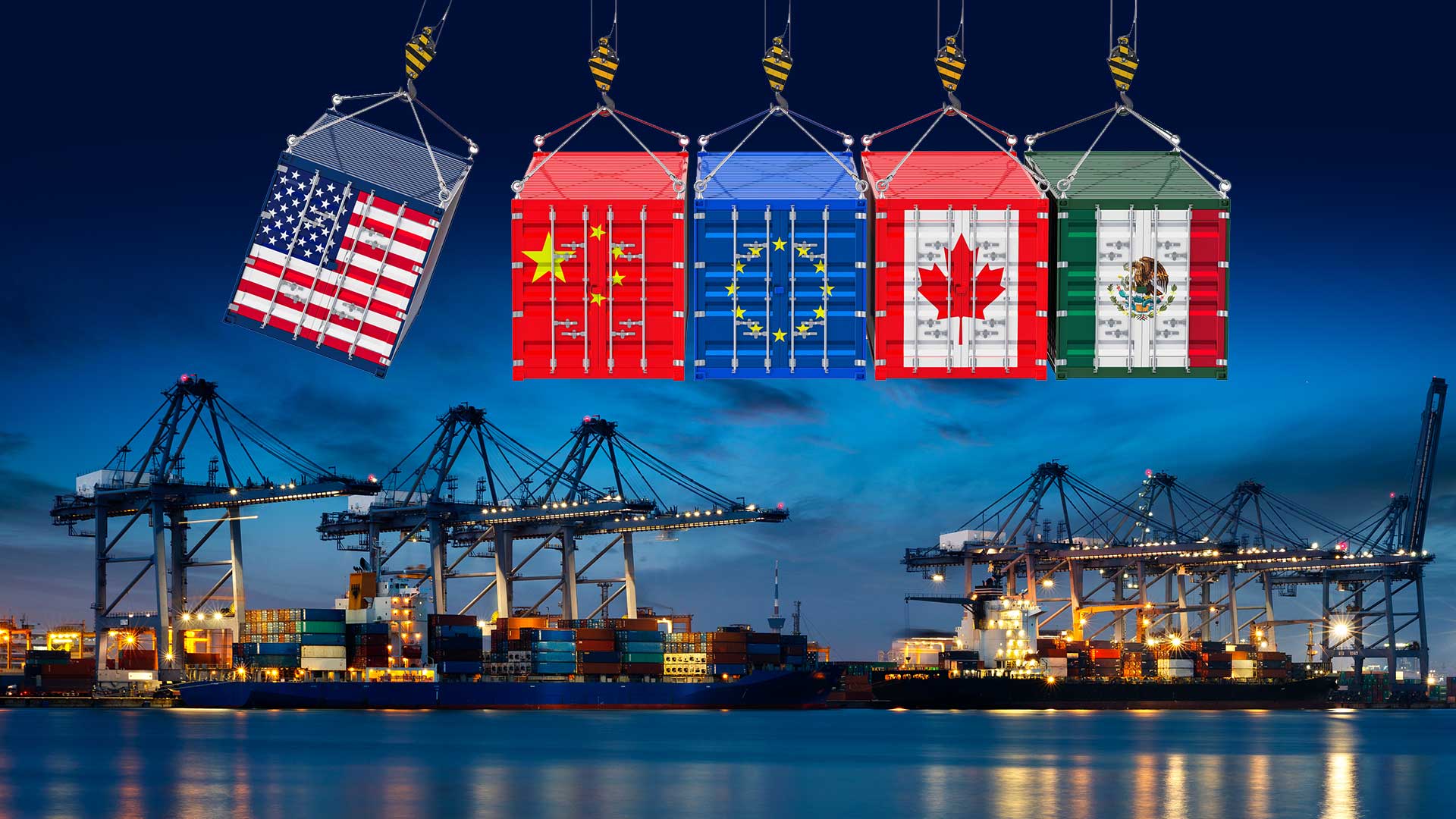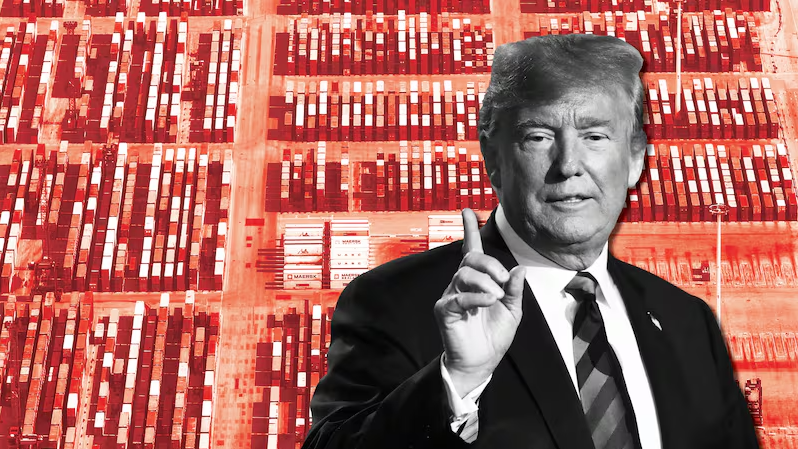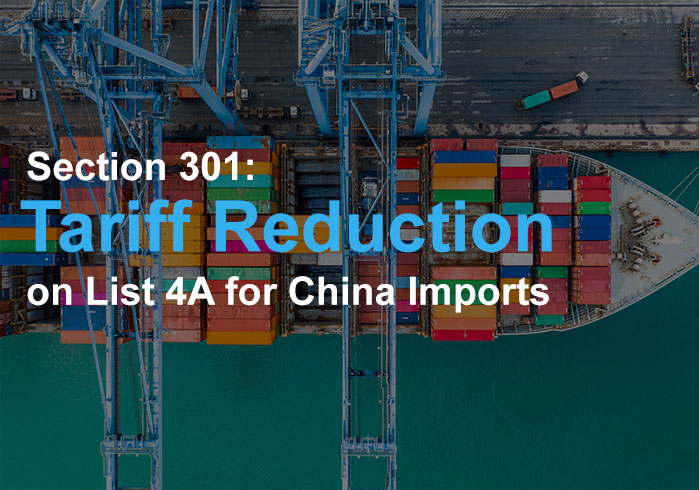
Ma Xue, Associate Fellow, Institute of American Studies, China Institutes of Contemporary International Relations
Dec 13, 2024
Trump’s old concept of tariffs originates in U.S. policies from the 19th century. He believes that he excels in the art of creating a “level playing field” to generate jobs at home. But what he is proposing would be the highest tariff level since the Great Depression.

Li Yan, Deputy Director of Institute of American Studies, China Institutes of Contemporary International Relations
Dec 13, 2024
Domestic political turmoil in the United States is probable and will, in turn, likely constrain the incoming president’s foreign policy. It may ignite fierce infighting — so much that even many Republicans worry that the U.S. could return to isolationism.

Sourabh Gupta, Senior Fellow, Institute for China-America Studies
Dec 13, 2024
Donald Trump’s trade policies have been characterized by an aggressive use of tariffs, driven by his belief in balancing bilateral trade and prioritizing American production. While these measures have reshaped trade dynamics and escalated protectionism within the U.S., they have also inadvertently strengthened China's global economic position and highlighted the limitations of decoupling efforts.

Zhou Xiaoming, Former Deputy Permanent Representative of China’s Mission to the UN Office in Geneva
Dec 13, 2024
BRICS countries, with a combined GDP approximately 1.5 times that of the United States, can be expected to retaliate against promised U.S. tariffs. These countries — many of which are major traders with China — are likely to make Donald Trump regret his bellicose bullying.
Tian Shichen, Founder & President, Global Governance Institution
Anthony Moretti, Distinguished Research Fellow at Global Governance Institution, Associate Professor at Robert Morris University
Dec 03, 2024
A fundamental shift in how the international community approaches global governance is required. Through concerted action, nations can resist the pull of unilateralism and build a more inclusive and stable international order.
Brian Wong, Assistant Professor in Philosophy and Fellow at Centre on Contemporary China and the World, HKU and Rhodes Scholar
Nov 29, 2024
The Trump administration’s blame-driven approach to U.S.-China relations fueled mutual losses and entrenched scapegoating of China for U.S. domestic issues. Ultimately, subnational diplomacy and pragmatic collaboration are essential for rebuilding constructive ties.
Xiao Bin, Deputy Secretary-general, Center for Shanghai Cooperation Organization Studies, Chinese Association of Social Sciences
Nov 29, 2024
The recent election in the United States has given Russia an opportunity to restart strategic dialogues. Under Donald Trump’s leadership, however, U.S.-Russia relations are likely to be dominated by containment and counter-containment. Meanwhile, Russia believes that Russia-China relations are central to world security and can counter Trump’s inclination to make peace through force.
Ghulam Ali, Deputy Director, Hong Kong Research Center for Asian Studies
Nov 22, 2024
A change in America’s political leadership will bring challenges, but China is not as vulnerable as some say. Aggressive U.S. policies could push China to diversify its investments and explore new markets, while projecting itself as a stable and predictable power.
Chen Jimin, Guest Researcher, Center for Peace and Development Studies, China Association for International Friendly Contact
Nov 22, 2024
Donald Trump’s victory in the 2024 presidential election is worrisome. People-to-people exchanges between China and the United States faced many challenges during his first term, and the Republican Party Platform is not friendly to outsiders. There could be stormy weather ahead.
Yu Xiang, Senior Fellow, China Construction Bank Research Institute
Nov 22, 2024
The country is capable of mitigating any ill effects should Trump return to the aggressive form of his first term. China may feel some pressure, but it has built a multilayered economic defense involving domestic demand, fiscal policies, high-tech innovation and international cooperation.